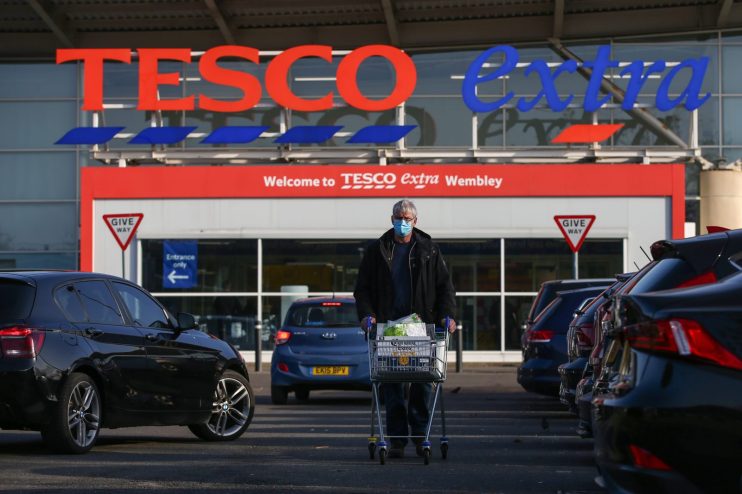Are supermarkets right to return their business rates relief to the Treasury?

Are the big supermarkets right to return their business rates relief to the Treasury?
Josh Williams, speechwriter and managing director at The Draft, says YES.
Doing well in a crisis is a risky business. There is a thin line between those who turn a profit and those who profiteer.
The supermarkets have had a good war. When the hoards came for the toilet roll, they kept us fed and watered. Their staff gave rare meaning to that tired cliché “frontline workers”. Few will begrudge them their profits.
But their business rate relief was a form of government aid, and the public has a keen if instinctive sense of fairness. You must pay your debts before you pay yourself.
Supermarkets may feel justified in not doing so. Business rates are unfair: high street retailers pay a tax that their online competitors don’t.
But courting public outrage will only make that argument harder to win. We don’t easily forgive those we believe have acted unfairly. The post-crash bankers can attest to that.
So Tesco was right to pay taxpayers as well as shareholders, and those competitors which have followed suit were wise too. It’s both the right and the smart thing to do.
Andrew Busby, co-founder of SafePrem Solutions, says NO.
Rather than a good deed to be applauded, giving the best part of £2bn in business rates relief back to the Treasury appears a massive missed opportunity on the part of the supermarkets.
Instead of being swallowed by the Treasury, that money could and should have been put towards creating an additional and much needed fund to support our high streets.
Rather than being altruistic, the supermarkets are acting in their own interests by courting approving headlines, not for the greater good of the industry. Indeed, the move from Tesco and its peers is putting pressure on smaller players to follow suit even if they can’t afford to.
Now, more than ever, retail and hospitality businesses need to come together like never before in a new spirit of collaboration, without sacrificing competition.
If the Premier League can do it by pledging a £250m fund to support clubs outside the top flight, there’s no reason why the big supermarkets, which have profited out of the pandemic, could not have done the same thing.
Main image credit: Getty